MercoPress. South Atlantic News Agency
Stories for March 13th 2020
-
Friday, March 13th 2020 - 08:57 UTC
Coronavirus panic in markets wipes US$ 14 trillion in a month
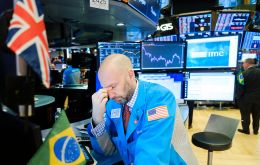
Global stock markets crashed on Friday, ending a years-long bull run, with coronavirus panic selling hitting almost every asset class and leaving investors nowhere to hide. Half a trillion dollars in liquidity from the U.S. Federal Reserve and the promise of more were not enough to calm the fear that has wiped some US$14 trillion from world stocks in a month.
-
Friday, March 13th 2020 - 08:54 UTC
Latin American countries halt flights from Europe, ban public gatherings and close schools
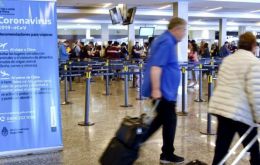
Several Latin American countries stepped up measures on Thursday to slow the spread of the coronavirus, halting flights to and from Europe, banning public gatherings and closing schools.
-
Friday, March 13th 2020 - 08:47 UTC
South American stock markets suffer heavy losses on Thursday

Argentina's main stock exchange crashed by nearly 10% on Thursday as markets continued to panic over the coronavirus pandemic. The fall wasn't as bad as Monday's that reached almost 14% but it continued the week's general downward spiral across the region.
-
Friday, March 13th 2020 - 08:25 UTC
Brazilian congress and Bolsonaro clash slumps the Real to below 5 to the dollar
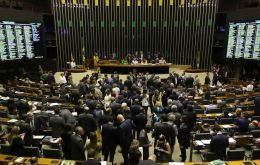
As if things were not difficult enough for markets in Brazil, whose stocks and currency are among the world's worst-performing this year, an unexpected twist in the country's fragile politics threatens to make the situation even tougher.
-
Friday, March 13th 2020 - 08:20 UTC
Wall Street financial firms have most of its staff working from home
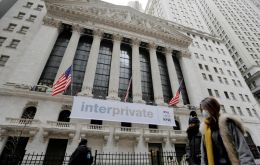
Working from home went from optional to mandatory across Wall Street this week as financial firms reported their first confirmed cases of coronavirus and the outbreak triggered a state of emergency in New York City.
-
Friday, March 13th 2020 - 08:10 UTC
Argentina soybean output forecast to reach 52 million tons, down 6% year on year
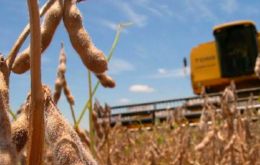
Soybean output for Argentina -- the world's third-largest soy producer and exporter -- is forecast to be at 52 million tons, down 4.6% on February estimates and 6% year on year, in 2019-20 crop year (November-October), on dry conditions in Córdoba and Santa Fe, a Buenos Aires Grains Exchange report said on Thursday.
-
Friday, March 13th 2020 - 07:29 UTC
Civil disobedience resumes in Chile with demands for president Piñera to step down
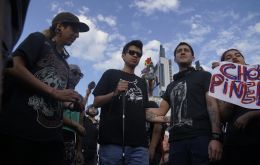
A Chilean student blinded in both eyes by police rubber bullets became the symbol of this week's protests on the second year of president Sebastián Piñera's mandate but also the thirtieth anniversary of the return of democracy to Chile.
-
Friday, March 13th 2020 - 07:24 UTC
Walt Disney theme parks closed, beginning Sunday March 15
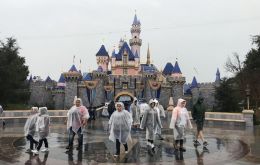
Disney announced on Thursday that it will be closing its theme parks at Walt Disney World Resort in Florida out of an “abundance of caution” as coronavirus concerns mount in the US.
